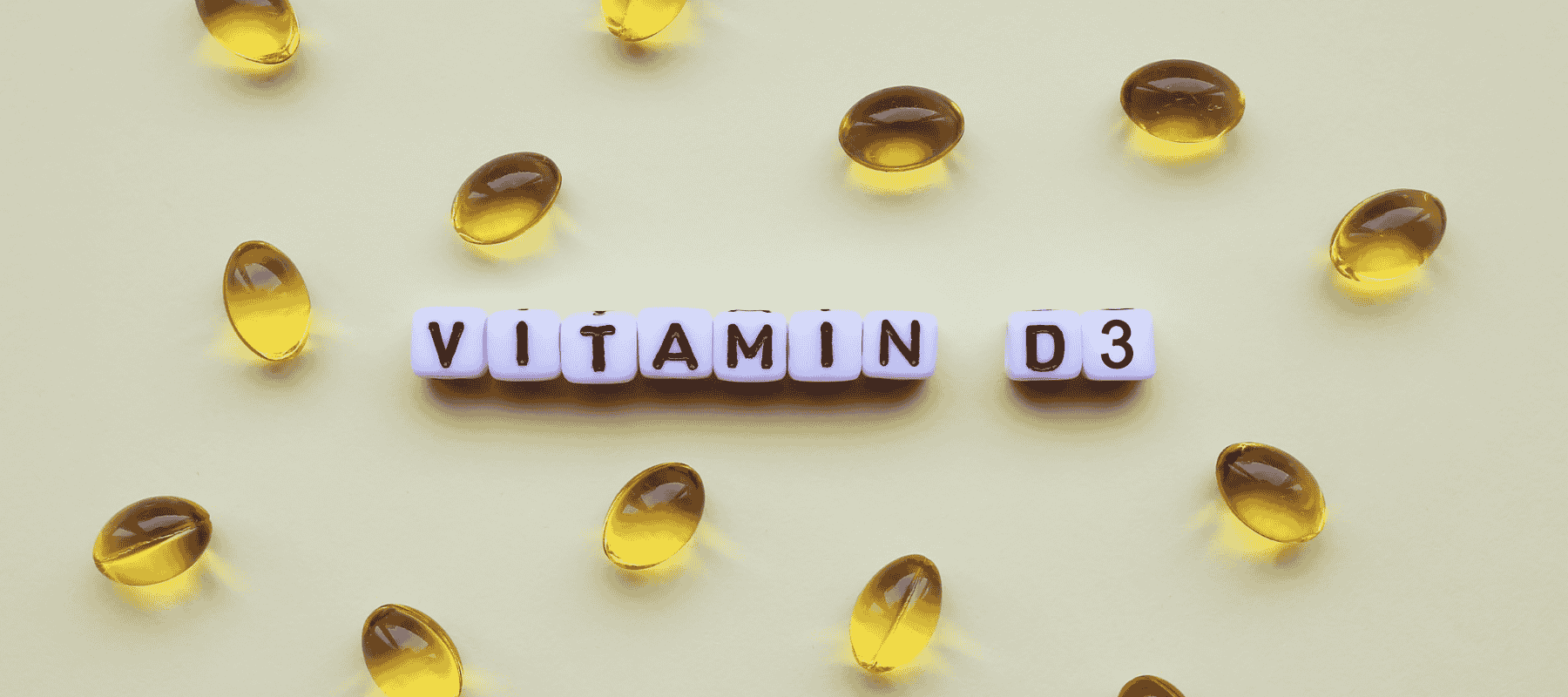When it comes to maintaining overall health, few nutrients work as harmoniously as Vitamin D3 and Calcium. While Calcium is essential for building and maintaining strong bones, Vitamin D3 plays a crucial role in helping your body absorb that Calcium effectively. Together, they form a powerful partnership that supports not only skeletal health but also many other bodily functions.
🦴 1. Strengthens Bones and Teeth
Calcium is the main building block of our bones and teeth. Without adequate calcium intake, bones can become weak and brittle over time. However, even if you consume plenty of calcium, your body can’t absorb it properly without Vitamin D3.
Vitamin D3 enhances calcium absorption in the intestines, ensuring that your bones receive the nourishment they need to stay dense, strong, and resilient.
💪 2. Supports Muscle Function
Both Calcium and Vitamin D3 are vital for proper muscle contraction. Calcium triggers muscle fibers to contract, while Vitamin D3 helps regulate muscle strength and function. Deficiency in either nutrient can lead to muscle weakness, cramps, and even increased risk of falls in older adults.
❤️ 3. Promotes Heart Health
Calcium supports normal heart rhythm by helping muscles—including the heart—contract properly. Meanwhile, Vitamin D3 plays a role in maintaining balanced blood pressure and reducing inflammation, which can contribute to a healthier cardiovascular system. Research suggests that optimal levels of these nutrients may lower the risk of heart disease.
🧠 4. Boosts Mood and Mental Well-being
Vitamin D3 is often called the “sunshine vitamin” for good reason—it’s synthesized in your skin when exposed to sunlight and has been linked to mood regulation. Adequate Vitamin D3 levels may help reduce symptoms of depression and anxiety. Calcium also plays a role in neurotransmitter release, which supports healthy brain function.
🛡️ 5. Enhances Immunity
A strong immune system depends on sufficient Vitamin D3 levels. This vitamin supports the body’s defense mechanisms, helping white blood cells respond effectively to pathogens. Calcium also aids in maintaining proper cellular communication, contributing to a well-functioning immune system.
🤰 6. Supports Women’s Health
During pregnancy, lactation, and menopause, women experience changes that increase their need for Calcium and Vitamin D3. These nutrients are essential for fetal bone development, maintaining maternal bone density, and preventing osteoporosis later in life.
☀️ How to Get Enough Vitamin D3 & Calcium
Sunlight: Spend 15–20 minutes in sunlight daily to help your body produce Vitamin D3 naturally.
Dietary Sources: Include foods rich in calcium such as dairy products, leafy greens, and almonds. Fatty fish, egg yolks, and fortified foods are good sources of Vitamin D3.
Supplements: If diet and sunlight exposure aren’t enough, supplements can help maintain healthy levels of both nutrients—especially for people who live in areas with limited sunlight or have higher nutritional needs.


